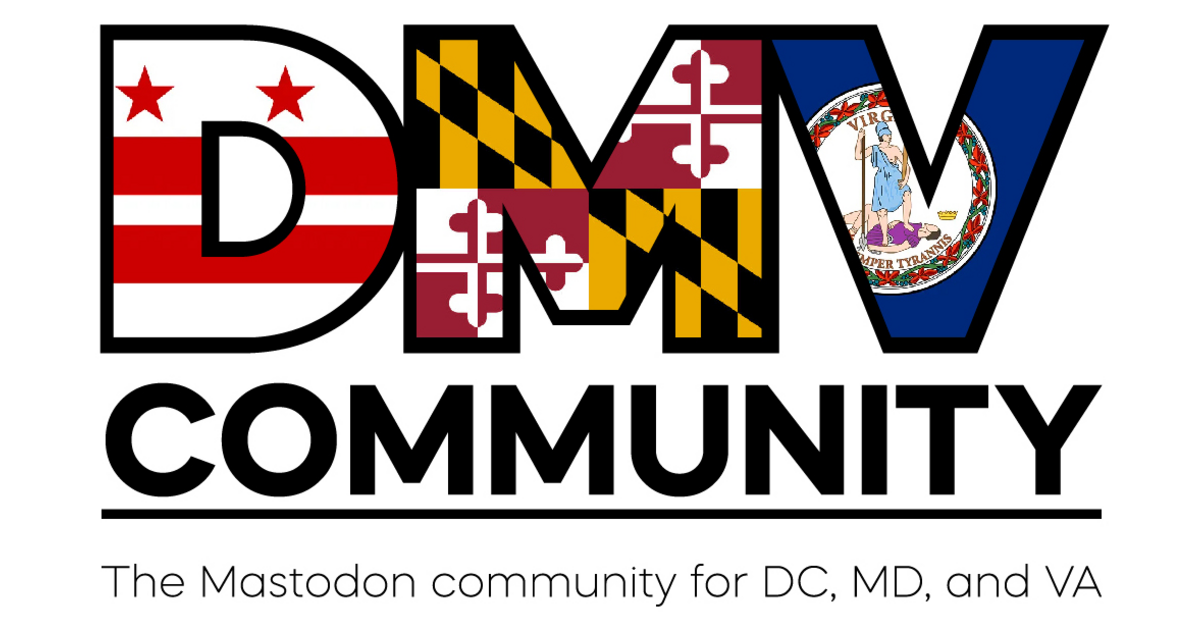@graves501 you can take a look at this project which makes use of all the modules under the #GoActivityPub library and provides an easy to setup instance for one person:
https://git.sr.ht/~mariusor/oni
One demo instance is at https://marius.federated.id
It's going to be rough to use, but please write to the mailing list I have set up for the projects with your questions, and we can at least improve the docs. :D

